What are you
longing
to explore?
Start scrolling
to discover
workshops,
tarot offerings,
books & more.
Welcome!
My workshops on magical practices are back, including tarot,
candle magic, rune-work,
and other fruitful avenues into Spirit.
Let's all continue to hold each other,
ourselves, Earth,
and all of Her beings
in our innermost heart-of-hearts.
Classes, Readings, More
Classes
I've found practices that really work for me, and I delight in teaching these pathways to others. Curiosity is our birthright! What's calling for exploration?
Learn MoreTarot
Tarot is a profound visual pathway into better understanding our experiences in this wild world. When we find new perspectives, our comprehension expands!
Learn MoreBooks
If learning through reading is a good avenue for you, explore here! I've been publishing zines since 1996, and large format books since 2007.
Learn MoreCalendar
A quick view of events I'm offering, involved with, or simply suggesting, through the coming months, plus New and Full Moons, Solstices and Equinoxes.
Learn MoreRenna - an introduction
Since I've mentioned that I do all this various stuff, I should probably introduce myself.
Learn Moreresponses
Tarot students and clients, Shamanic clients
from B.
“The class is one I feel I could come to multiple times and get new information... I'm glad I have [the homework] as a study guide to move forward. Thank you so much for your time and knowledge."
from N.
“...I very much enjoyed the material and learned a lot. The slides were very helpful and interesting, and added a nice visual element to tarot/myth/etc. Thanks!"
from A.
“I loved the history of the tarot, I liked the homework... Thanks so much for offering your vast knowledge on the subject - I will recommend this class to others."
from R.
“I've felt more aware of myself...like I have the the power or mental capabilities to live more fully as an adult too, like I'm getting used to a completely different perspective on life in some ways...Thanks.”
from I.
“...I feel very different after our session. Something important definitely transpired during it. It's like all of me is here, not only some maladjusted part. Thank you so much for your work!"
from M.P.
“Renna journeyed to find pieces of my lost self and indeed she found them. As she narrated the journey I wept ... She truly was amazing, kind, thoughtful and spent all the time I needed to be comfortable and understand the process.”
F.A.Q
Frequently-Asked Questions about Tarot
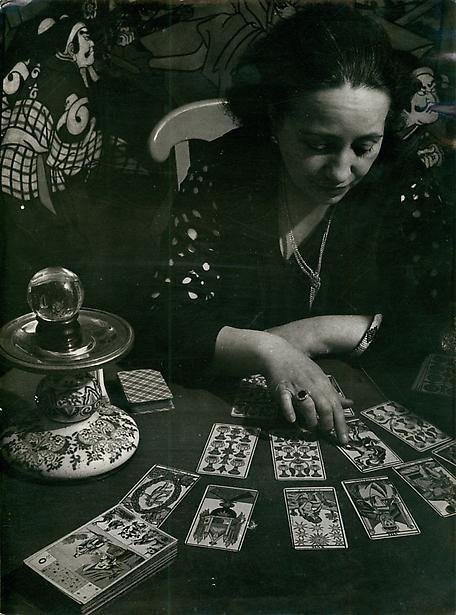 Q: What are Tarot cards?
Q: What are Tarot cards?A: The Tarot is a card-based system of divination. The first decks that we know of date to 1420-1450 CE in Italy - gorgeous, hand-painted and owned by the aristocracy.
While related and similar to a standard deck of playing cards, the Tarot is distinctly different:
- each running Ace through Ten,
- and with four Court Cards (not just three),
- but then there’s also a fifth suit of cards, known as the Major Arcana (Latin for big secrets). These are twenty-two in number, each unique and dealing with a large, archetypal theme.
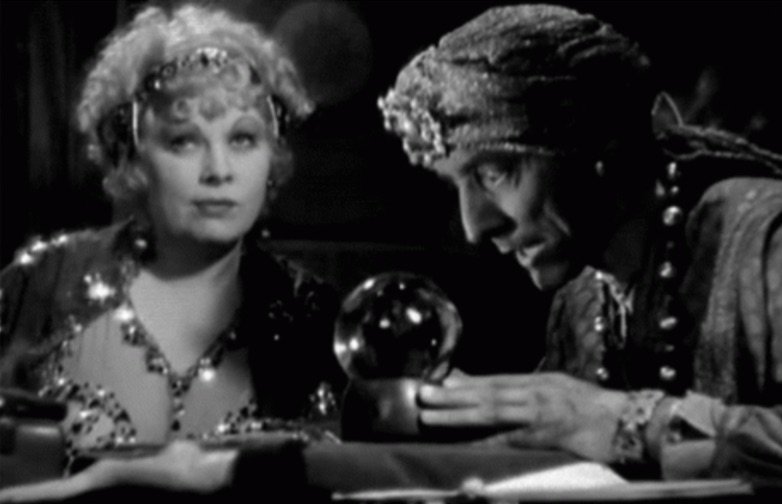 Q: What is divination?
Q: What is divination?A: Divination is when we seek answers from sources other than human, when we consult Spirit, the “divine” forces.
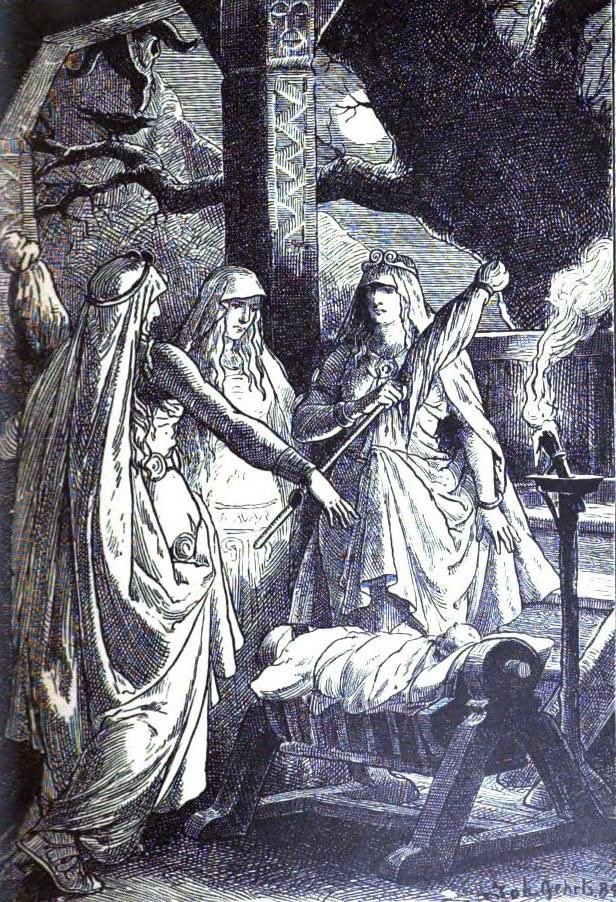
A: I see it more like this: As earth-bound beings, creatures in physical form, we have a limited perspective of everything, including Past, Present and Future, just like we can’t see around corners or over the edge of the horizon.
Spirit, however, has no such limitations, and can see our Past, Present and potential Future with a vast perspective that isn’t available to us. I say potential Future, because the future is open to change. That’s a vital function of divination: If we don’t like what we see unfolding - based on what has already been set in motion - as creatures of free will, we can take steps to alter those paths, or at least encounter them forewarned and better prepared. Otherwise, what would be the point of knowing anything in advance?
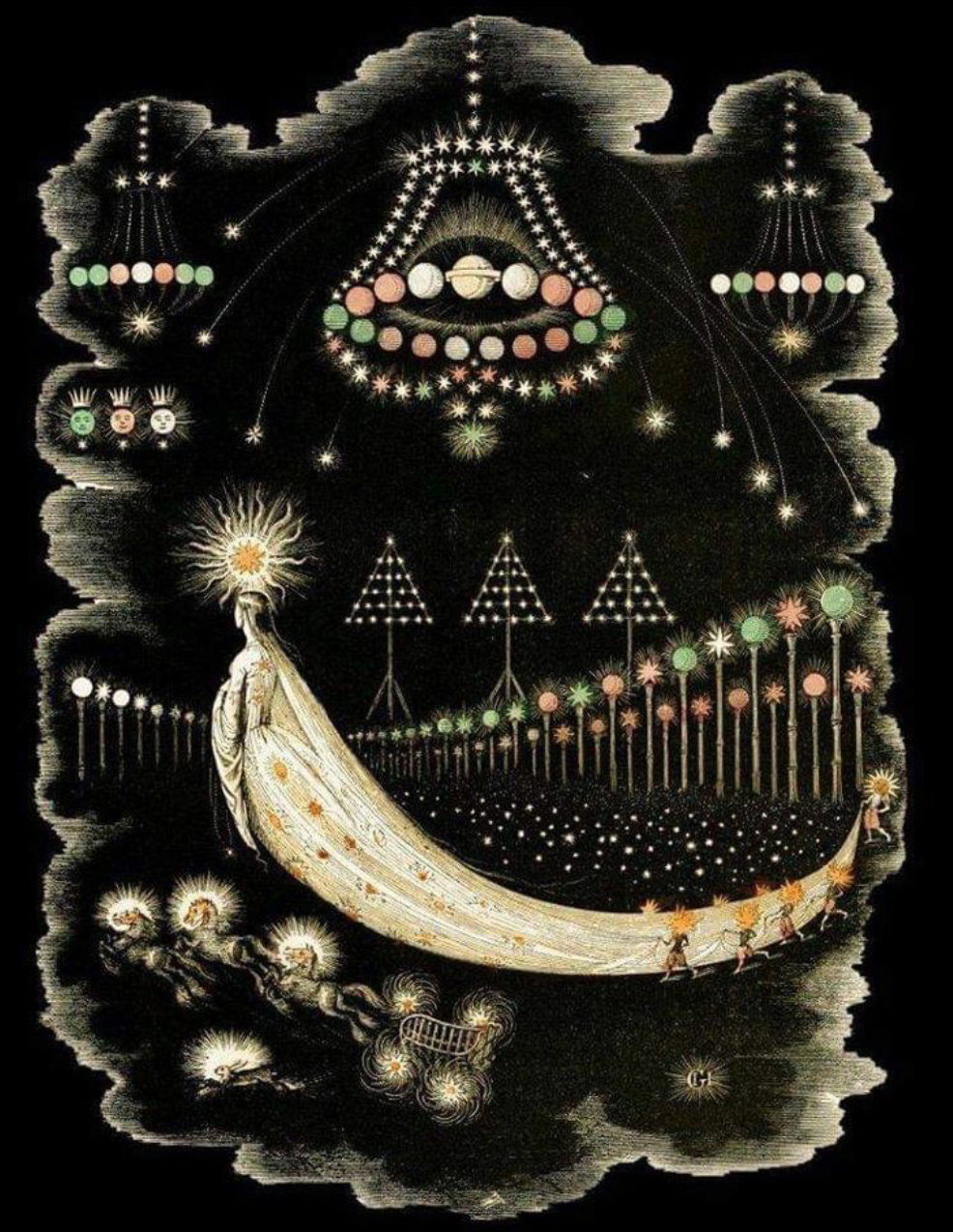
Finding a Spiritual Teacher or Healing Practitioner
When I’m teaching, it’s generally in the Denver area, along the Colorado Front Range, and further afield by invitation.
To find teachers of Witchcraft and other metaphysical subjects in other parts of the USA and worldwide, consider visiting your local shops (metaphysical, spiritual, witch, occult) or look around on www.meetup.com.
Meetup isn’t metaphysical-specific - anything but! - but has become a popular way to get the word out to interested people for discussion groups, classes and the like. Meetup facilitates meetings between like-minded people, but remember that the site does no screening or vetting. That is in your hands, so embrace it.*
To find shamanic teachers throughout the USA and worldwide, please visit: www.shamanicteachers.com
To find shamanic practitioners—those trained in shamanic healing practices—please visit this companion page.
The shamanic teachers site and the practitioners site hold the names of folks whose training parallels my own, i.e. through Sandra Ingerman and by teachers she has trained. I’ve met many of these folks when we studied together, and I feel very comfortable referring people to this site. Ask and explore: If curious as to someone’s suitability as a teacher for you or to perform healing work on your behalf, ask them to share some information about their background and training.*
Both shamanism and witchcraft are spiritual paths that ultimately stress personal power and responsibility. You are entitled to inquire about a potential healer's or teacher's training and qualifications, what they require of a student, and what they charge for their work (these are a started point, not the total).
I encourage you: Make these inquiries! While there is no set criteria of “right” answers to these questions, the key point is that authentic, reasonable teachers and healing practitioners aren't offended by being asked.* Trust your own intuition and common sense.
Q: * How can I ask such questions diplomatically?
A: Write down a few questions before you call (or reread your out-going email), and aim to initially take about 5-10 minutes of the person’s time.
Try any or all of these:
- Can you tell me something about your background [or training] in this tradition?
- What do you charge for your healing [or teaching] work?
- How long have you been on this path [or doing this work]?
- What sort of commitment do you expect from your students [clients]?
Listen to the replies with your ears and your heart, with both mind and spirit. Credentials alone don’t overrule compatibility — they both count. Hear the words, pay attention to how the conversation feels, and know that you have the right - the responsibility! - to be discerning.
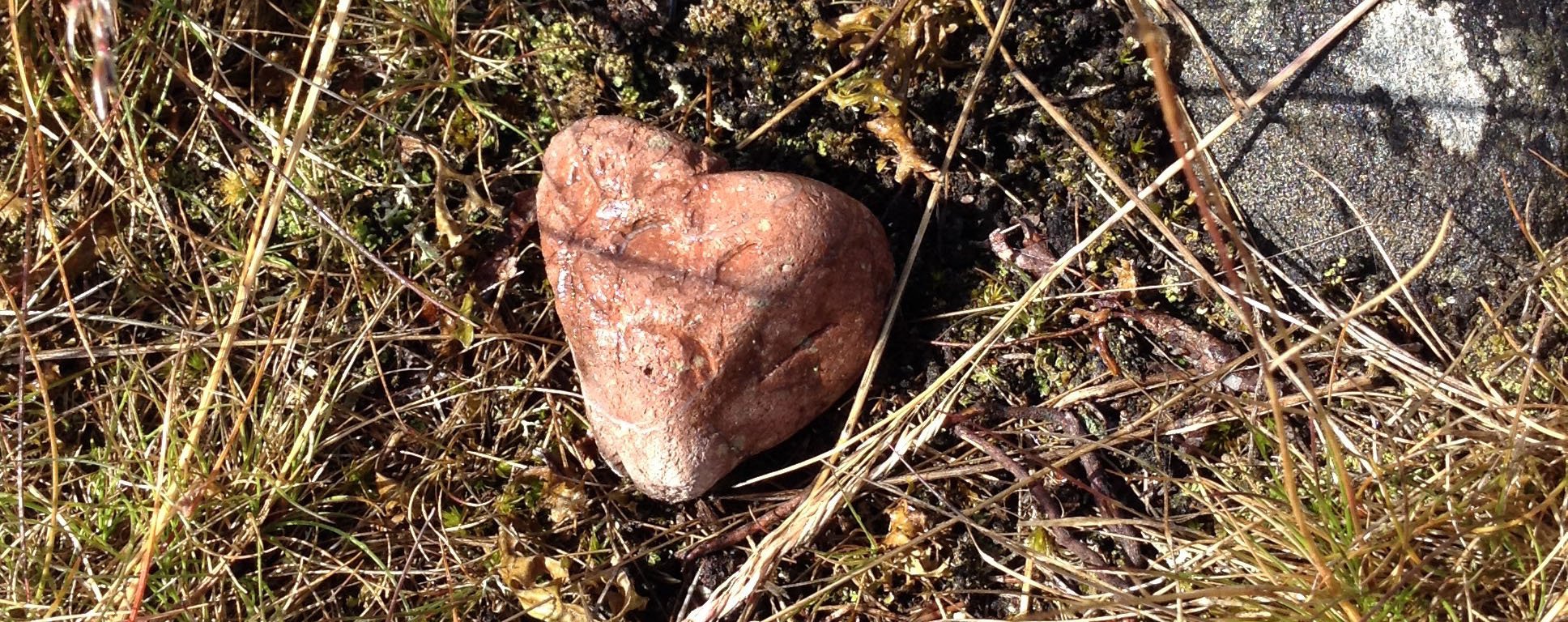
Frequently-Asked questions about Shamanism
A: In the tradition in which I’ve trained, you don’t call yourself a shaman. A community might gradually come to refer to someone as a shaman, having seen the work that person does. They’ve “walked their talk” and gradually earned respect and recognition. Imagine a teacher at your kid’s school announcing “I’m the children’s favorite teacher.” Contrast that with an image of your child enthusiastically saying “That’s my favorite teacher!” The latter statement is the one that matters.
The term “shamanic practitioner” describes what I do. And what I do is shamanic healing, teaching the practices of shamanism, and living in accord with a personal practice of shamanism in the context of modern urban America.
Q: Is it better to deal with a “certified shaman” or “certified shamanic practitioner” or “certified whatever”? What does “certified” mean?
A: Some teachers issue a “certificate of course completion” to their students, to show that a training has been completed to the teacher’s satisfaction. Although this may be referred to as being “certified,” it is not a license for a regulated trade. Sometimes even the student holding the certificate doesn’t understand the distinction.
This isn’t like a license for an acupuncturist or an electrical contractor, where a professional governing body tests a person’s proficiency and empirical knowledge for their trade. There are levels of certification for Tarot readers (I’m certified!) but again we’re speaking of testable empirical knowledge, which in the case of Tarot certification is based on a solid working knowledge of the cards joined with an ability to communicate information.
Shamanism is different. The role of shaman or shamanic practitioner isn’t covered by state or federal licensing procedures, and there is no standardized testing/measuring authority, no certifying board, that oversees such things. Shamanism exists in the realm of spirit: If someone is working in a good way, their spirit allies avidly assist them, and the results are good. Government licensing agencies aren’t really equipped to measure this.
While I don’t issue certificates of completion to those who study with me, I gladly provide and verify references for those who have studied and successfully completed trainings. If you have questions, please contact me.
Q: Some people call themselves “initiated shamans.” What does that mean?
A: The phrase’s meaning differs with each tradition of shamanism (and probably with each person). Anyone following a shamanic path is likely to undergo initiatory experiences, both in material-world ways (a formal initiation ceremony, perhaps) and in the realm of spirit, where many forms of testing and challenge occur, often spontaneously and in unforeseen ways.
Initiation ceremonies, while they may be beautiful and profoundly moving, don’t take the place of initiatory experiences that occur in the realm of spirit; some such outer ceremonies simply honor and recognize the inner work that has already occurred. In many traditions, true initiatory experiences are considered intensely private, known only to the spirits, the recipient, and perhaps a teacher/mentor who helped the recipient comprehend what occurred. Those who have had these experiences are often changed in ways that, even if subtle, don’t need to be announced.
Q: What is a “wounded healer”?
A: Sometimes a person who has been wounded – injured or ill in some life-threatening, life-altering way – finds exceptional healing through Spirit, above and beyond any other means that were used to effect a physical cure. This has been perceived as an indication of special connection with Spirit. After a spiritual healing, some people discover they are able to work in spiritual ways to help heal others, or that they have become prescient or psychic, or are especially attuned to animals, the weather, or other forces of nature. Their wound led to their own transformative and initiatory spiritual healing, which in turn sparked their ability – and reciprocal obligation – to help bring spiritual healing to other beings.
Conversely, those who are still mainly focused on the wound itself – its severity, its traumatic impact, the my-wound-is-worse-than-your-wound cycle, and generally “showing off their scabs” – may still be in the process of traveling toward that transformative spiritual healing, still more wounded than healed. It’s a sacred process, working in its own time-frame, and we can’t “push the river.”
Q: Are mind-altering plants necessary to shamanic work?
A: No. It’s true that in some parts of the world, psychoactive “entheogenic” plants, such as ayahuasca, are used by adepts in their healing and visionary practices. These spiritual uses of specific plants have a few key points in common: They tend to be used in areas with lush plant life; some of these areas are so humid it’s difficult to keep a drumhead taut; and the people using the plants have gradually created a strong and respectful working alliance with these “green allies.”
It’s true that visitors who take part in plant ceremonies while visiting an area may have intense experiences, but that’s not the same as building an alliance with the plant spirits. (Did you hike thirty miles to harvest that plant in a sacred manner?) Many visitors simply encounter the plant prepared and ready to ingest. In fact, one current term for this type of plant-sampling travel activity is “mystical tourism.” Some guides work with great integrity; some others, inevitably, not as much.
Since I want a living, readily accessible spiritual practice, one of the things that most impressed me as I began my own shamanic studies was that I didn’t need to ingest plants.
Thousands of people, probably hundreds of thousands, work in this manner - through the shamanic journey, without ingested plant allies - and are doing amazing work in their own lives and with their clients and communities.
Q: I’ve been told [by a psychic, a shaman, a Tarot reader, a healer I’ve worked with, etc] that I’m meant to be a shaman and a healer. I’m not even sure what that means! Where do I start?
A: On questions of prophetic information, my first response is usually “How do you feel about what the person told you? Does that information ring true for you?” Especially when we’re going through confusing times, it’s natural to seek clear direction. But check in with your own inner barometer:
We are never obliged to rearrange our lives based on the information delivered by psychics, readers or shamans – really! This is true no matter how much you paid for the reading/session, or what glowing recommendations led you to that consultant. If what you were told doesn’t ring true or feel right for you, sit with it. This doesn’t mean going to other readers, telling them what you were told and asking for verification – it just means: Sit with it, until it feels clear. If this path is really yours, it will reappear.
If such a message does feel right, a good starting point is a basic workshop in shamanic practices and journeying. Just reading about shamanism in books can only take you so far — workshops provide experiences and context. Once you’re journeying regularly and developing a strong alliance with a Power Animal or some other Spirit-Plane Guide, your own allies will let you know if yours is the path of the healer. Without a strong alliance with your Spirit Guides, a shamanic healer’s path isn’t possible. Healing work is directed by your allies, so building that alliance of mutual trust is the vital beginning.
If you’re meant to follow a healer’s path, your own Guides will make sure you know, even rather insistently or over your own objections.
About "Sliding Scale"
A: I believe in keeping studies and healing work accessible, so I use a sliding scale for some services I offer. Basically, when I say "sliding scale," you decide what to pay within the price range shown: No guessing.
Here goes:
— If you’re salaried, have benefits through your job, or have a well-funded retirement, or enjoy some financial ease through family circumstances, if you can vacation well and shop readily for non-essentials, but especially if you pay full price when consulting other practitioners or taking other classes, please go to the high end of the range. Wise use of abundance is honorable!
— If you need to be at the lower end of the fee-range, that’s fine. You needn't share financial details, just make your own honest assessment that you need a bit of fee-flexibility to take part.
Discerning use of resources is honorable!
Do you have a mailing list?
Scroll all the way to the foot of this page/website and you'll find a "subscribe" link. Just enter your email there and you'll get the next emailing. (Leaving is even easier - there's an "unsubscribe" link at the bottom of every email that goes out to my list.)
You'll get the same information that goes on my calendar, but sooner, and without having to remember to come looking for my calendar, so you'll see it first, you lucky thing, you!

Contact
- Aurora, Colorado, United States





